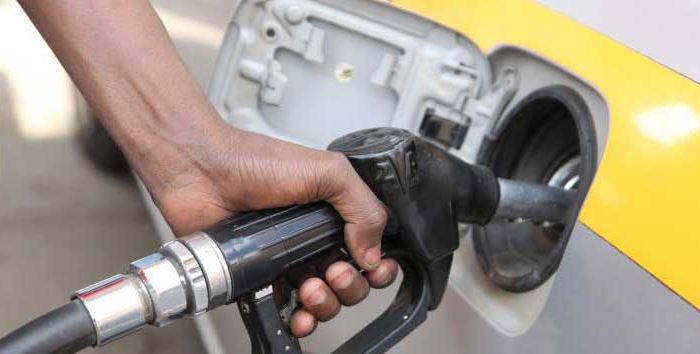×
The Standard e-Paper
Fearless, Trusted News

Industry regulator, the Energy and Petroleum Regulatory Authority (Epra) has embarked on public and stakeholders consultations on 11 new draft petroleum regulations before their approval.







